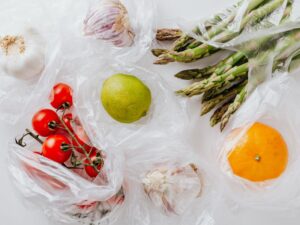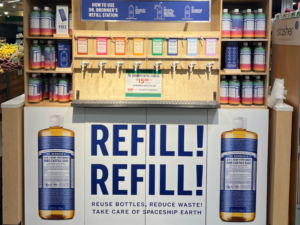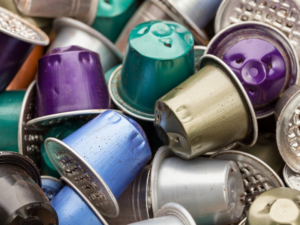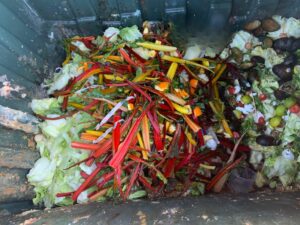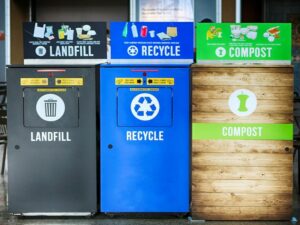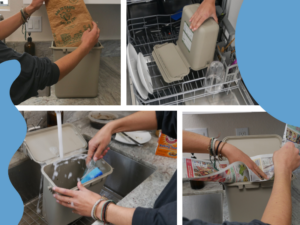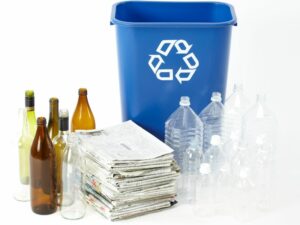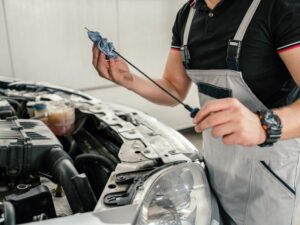Recycling
Plastic Recycling Program – Thanks to Plastic Beach!
Tell a friend; we’ve got a plastic bag and wrap recycling program at Solana Center! Thanks to our partner Plastic Beach for making recycling easier for plastic materials that can’t go in the standard blue bin. They work to ensure all of the plastic bags and film are staying in the U.S. and being recycled nearby,…
Read MoreWaste Reduction
Waste reduction is the practice of making less, consuming less, and inevitably disposing of less. Reduction is the ultimate goal, not only because it protects our environment from waste, but because it prevents the destructive processes of extraction and manufacturing that happen upstream of our materials. The world’s population is growing, economies are growing, and…
Read MoreDr. Bronner’s Is Reducing Its Plastic Use
🌎 Dr. Bronner’s is taking bold steps to reduce plastic production and pollution. 🌎 How? 🌈 All of Dr. Bronner’s plastic bottles are 100% post-consumer recycled plastic, reducing new plastic production 🧴 🌈 The B Corp recently introduced a new paper soap refill carton. This carton is made with 80% less plastic and uses fewer…
Read MoreClimate Solutions: How to Recycle Your Coffee Pods
Sustainability and equity in coffee are multilayered. Growing the crop is a water- and often land-intensive process, and plenty of conventional farmers use pesticides and underpay workers to create cheap coffee. By buying that coffee, we as consumers incentivize exploitation. We may also be risking more expensive coffee in the future, as climate change is…
Read MoreSB 1383 Update: Organics Recycling Compliance Enforcement Changes in 2024
Senate Bill 1383, or the Short-Lived Climate Pollutant Reduction law, requires that businesses implement programs to ensure organic materials are no longer put in the trash, with edible food being donated and the rest sorted for organic waste recycling. Before the start of 2024, jurisdictions were required to visit Tier One and Tier Two (see…
Read MoreThe Benefits of Diverting Organic Waste from Landfills
Written by volunteer: Kate Sheppard Diverting waste from landfill can sometimes feel like a chore, but the benefits far outweigh the temporary annoyance of getting your hands dirty. This is especially true of organic waste. Yes, it may occasionally be sticky or smelly, but it’s not hard to properly sort and divert these compostable materials…
Read MoreLet’s Talk About Organics Recycling
Solana Center is proud to work with a majority of jurisdictions in the San Diego region to help with organics green bin distribution and provide education on what goes where as both residents and businesses begin participating in this important program spurred by SB 1383 legislation. At the start of summer 2021, EDCO distributed kitchen…
Read MoreRecycling – Why is it important?
Recycling conserves natural resources and lets us skip the harmful extraction and refining process that goes into making products from virgin materials. Making stuff from the materials of other stuff uses less energy and water and stops that stuff from filling our landfills. Recycling one… Plus, recycling accounts for 3.1 million jobs in the U.S.…
Read MoreEPS Food Container Alternative List
EPS is “expanded polystyrene,” commonly known by the brand name Styrofoam™. There are environmental concerns with EPS, including difficulty in recycling, source of man-made marine debris, and greenhouse gas emissions from the embedded energy of the manufacturing process. Additionally, EPS food containers are not fully recyclable in a single-stream process because they break up in…
Read MoreRecycling Used Motor Oil
Did you know that used motor oil never wears out? It just gets dirty and can be recycled, cleaned, and used again. Recycling used motor oil conserves a natural resource and is good for the environment too! Motor oil poured onto the ground or into storm drains, or tossed into trash cans can contaminate and…
Read More
